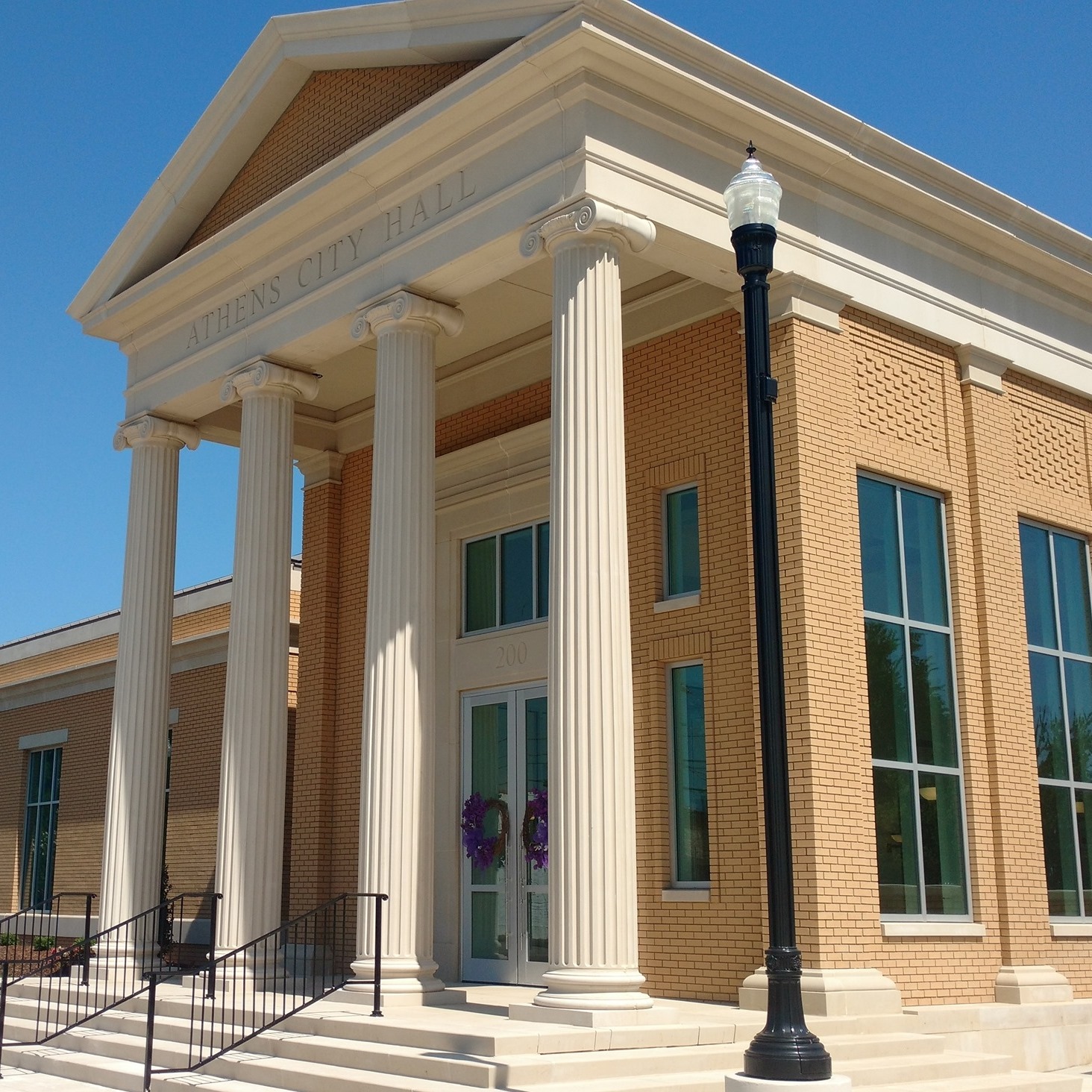‘Stuck where he is’: Near-fatal heroin overdose radically changes reality for star athlete, family
Published 12:00 pm Monday, December 5, 2016

- File PhotoAndrew Foote breaks a tackle for a 27-yard touchdown during North Andover's 20-6 win over Masconomet on Nov. 23, 2006. Today, after a near-fatal overdose in 2014, he cannot leave his house without the help of a family member.
NORTH ANDOVER, Mass. — Andrew Foote was a record-setting, three-sport all-star renowned for his incredible quickness and uncanny ability to make big plays.
He finished his high school career in a town of 28,000 near the New Hampshire border in the fall of 2006 as the area’s all-time leading rusher, and he earned nearly every award a high-school football player can earn along the way.
Trending
“The best day was when he graduated,” said Jim Pugh, former football coach at neighboring Masconomet Regional High School, recalling what it was like to go up against Andrew when the two were rivals.
“His balance, his quickness, his vision, everything about him was outstanding,” Pugh said.
Ten years later, that balance and quickness, those athletic gifts that made Andrew great, are gone.
Instead, Andrew walks with an unsteady shuffle. He can’t go out without help from his parents or younger siblings. He has difficulty speaking and he receives all of his sustenance through a feeding tube.
All of this is the result of his near-fatal heroin overdose two years ago.
Andrew’s parents say he is lucky to be alive, and they are grateful to have him as a part of the family still. But their lives are forever changed.
Trending
They are on a mission to get as much of Andrew back as possible, enduring struggles with insurance companies, financially driven starts and stops in treatment, and an endless grief for the son they lost.
Andrew’s addiction
By nearly any metric, Andrew Foote is one of the best athletes to ever come out of his Massachusetts high school. He was an unparalleled difference-maker in football, hockey and baseball, earning renown for his highlight plays and ability to rack up yards, goals and runs.
His senior year was something to behold: He recorded 25 touchdowns and 1,838 rushing yards in football, 19 goals and 16 assists in hockey, and a .436 batting average with 17 RBIs in baseball. He received numerous honors, including the 2007 Max Bishop Award, which is given annually by The Eagle-Tribune to the area’s top three-sport athlete.
“Every now and again you get an athlete who can play whatever he wants to play,” then-North Andover athletic director Jack Stephenson said in 2007. “It didn’t matter what sport (Andrew) played, he was going to be very good at it. When it comes to athletics, he has ‘it’ — he knows what to do.”
After graduating high school, Foote headed to northeastern Massachusetts to attend Springfield College, but had difficulty adjusting to his new environment. He played just one season of college football, returning a single kickoff for 17 yards. He struggled to find his footing in the classroom. And he dropped out of school after his first year.
“If I had to do it with hindsight, I probably would have put him through prep school for a year, because he was in over his head,” said Lenny Foote, Andrew’s father. “He wasn’t ready and out there, it’s cutthroat. He used to tell me, ‘Dad, they don’t even care if I break my leg, because there are two guys who want my position.’ I don’t think he ever enjoyed that. The family atmosphere like he had at North Andover was gone.”
It was while he was at Springfield that Andrew started taking the opiate painkiller Percocet. This is how his family says his addiction began before he progressed to oxycodone and heroin. The family discovered this in 2009.
“It was really tough,” said Linda Foote, Andrew’s mother. “He was pretty honest with us when we found out stuff; he never wanted to disappoint us. He was a typical older child — he wanted to make us proud.”
Opioid use in Massachusetts is at an all-time high, according to the Massachusetts department of health. Overdoses of opioids have been raising steadily since 2000, with sharp jumps over the past few years. There were an estimated 1,526 opioid overdoses in the state in 2015, and 41 of those were in Springfield, where Andrew attended college.
The family sent him to treatment twice, first in 2009 and again in 2011. But when Andrew continued to struggle after his second stint in rehab, they decided to try methadone, a replacement opiate drug that doesn’t provide a high but does reduce withdrawal symptoms in addicts as they get clean.
The family battled with their insurance company, Blue Cross Blue Shield, to pay for the treatment. They eventually paid out of pocket, despite the mounting debt. They saw that the methadone was working: Andrew was clean for more than a year and a half at one point.
But early in 2014, Andrew decided to wean himself off methadone. He thought he was ready.
He was not.
Overdose
The call came in at around 6:30 on the morning of Sunday, Nov. 9, 2014.
Andrew had been at a friend’s apartment when he was found unconscious. Since he hadn’t been answering his phone, others concerned about him drove by the complex and called the Footes after finding a police car and ambulance waiting outside.
Fearing the worst, the family called Merrimack Valley Hospital in Haverhill, explained the situation and asked if Andrew was the one being attended to.
“They said yes, and you’d better get here right away, this is a very serious situation,” Linda said. “So we went there and they came out and told us that he wasn’t going to make it.”
Andrew had overdosed on a combination of heroin and fentanyl, the family said. Upon his arrival at the hospital, Andrew was taken out to the parking lot, where a priest read his last rites before he was loaded into the waiting helicopter and airlifted to Massachusetts General Hospital.
When the family arrived there to meet him, the doctors made no bones about the severity of his condition, but added that they couldn’t be sure of anything just yet.
“He was on a ventilator. He was cold. They told us they didn’t see any brain activity, but they were going to send him to the ICU,” Linda said. “We were in the waiting room for over an hour until they finally came out and said they thought they saw brain activity.”
Andrew spent two months in a coma. He suffered severe brain damage, a heart attack and kidney failure. His condition was so bad that at one point he was read his last rites a second time.
However improbably, Andrew survived.
“Most people, when they go through what he went through, they pass away,” Lenny said. “For what he went through it’s totally remarkable, even the doctors at Mass General are following his case because people like him don’t usually survive.”
Since Andrew came forward about his addiction in 2009, annual deaths from opioid overdoses in Massachusetts have grown from 599 to a projected 1,526 in 2015, according to a report from the Massachusetts Department of Health.
Looking ahead
The Footes have come to accept that Andrew will never fully recover. But through rehab and therapy, they hope he can maintain a certain quality of life and stay engaged with the world.
“At this point we just want to maintain what he has,” Linda said.
On days when Andrew doesn’t go to therapy, his parents try to get him out of the house as much as possible. They spend a lot of time in their front yard. Sometimes Lenny will take him to walk around the track at the nearby middle school. Other times they will just ride around in the car.
Andrew is included in all of the family’s outings. A couple months back they went bowling and Andrew was able to play using one of the handicapped lanes. He wound up placing second out of everyone.
Andrew loves to get up and move. With some assistance, he still can. But someone always needs to be nearby, and a lot of times, he is confined to his chair.
“You and I, we can get up and walk around and do things, even if it doesn’t mean anything,” Lenny said. “But for him, unless we’re helping him or someone is helping him, he’s stuck where he is.”
There are parts of the old Andrew that remain. His long-term memory is mostly intact. He remembers his childhood and his high school football career. He is aware of his situation and the fact that he has a brain injury.
He knows how he injured his brain, too.
But his short-term memory is damaged and his parents said he has difficulty creating new memories. If you were to meet Andrew for the first time, it’s unlikely he would remember your name the next day.
As a result, Andrew’s family tries to keep things as familiar as possible to help preserve the memories he still has. They keep his old car – a green Nissan Altima – parked in front of the house, even though he can’t drive it anymore. They have also abandoned potential plans to move, because they are worried about what kind of effect a new environment could have on him.
“We often talk about whether we want to stay here, but this is where all of his memories are,” Linda said.
His parents worry about his future. What will they do when they get older? Who will take care of Andrew after they’re gone?
They are questions the family will grapple with for some time. But for now, they are grateful to have Andrew in their lives.
“I just can’t believe he survived,” Linda said. “I don’t know where we would be if we lost him.”
Cerullo writes for the North Andover, Massachusetts, Eagle-Tribune.






